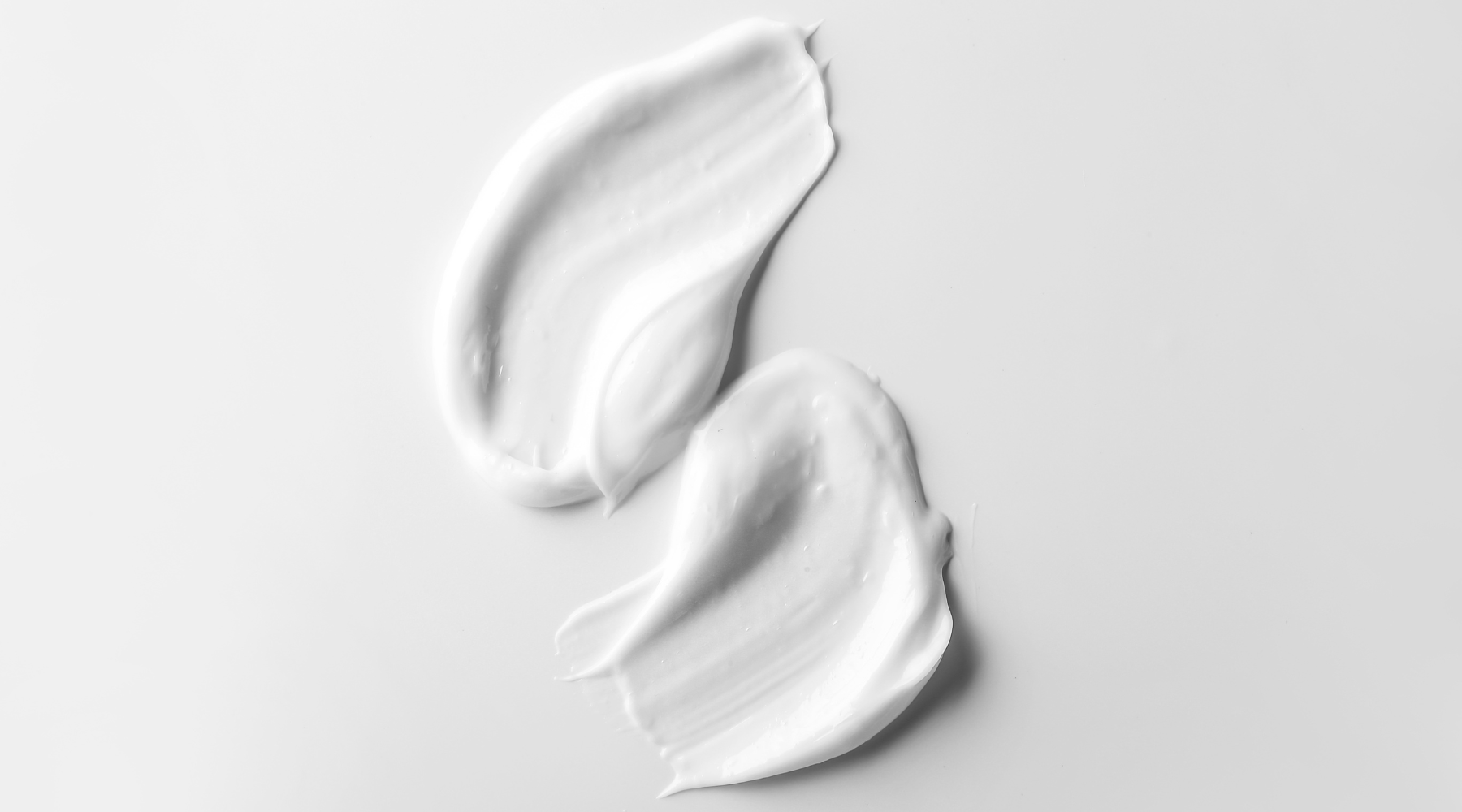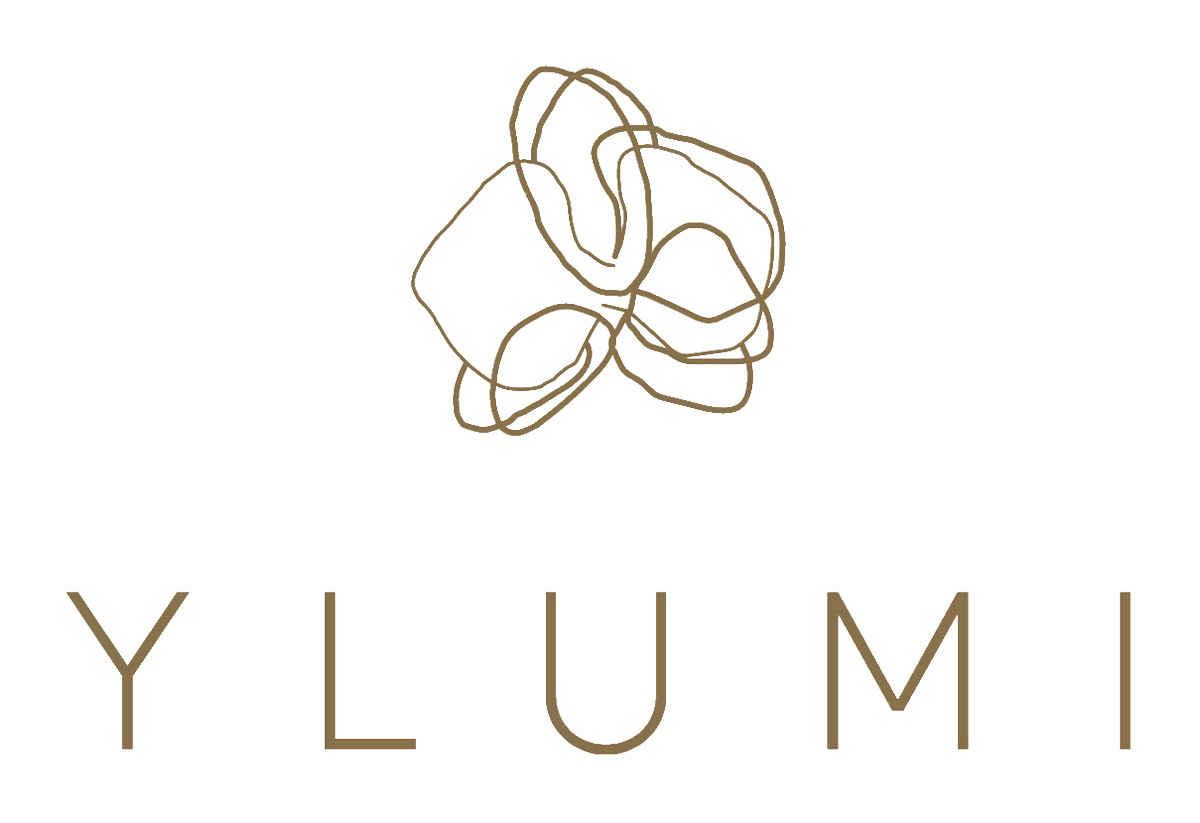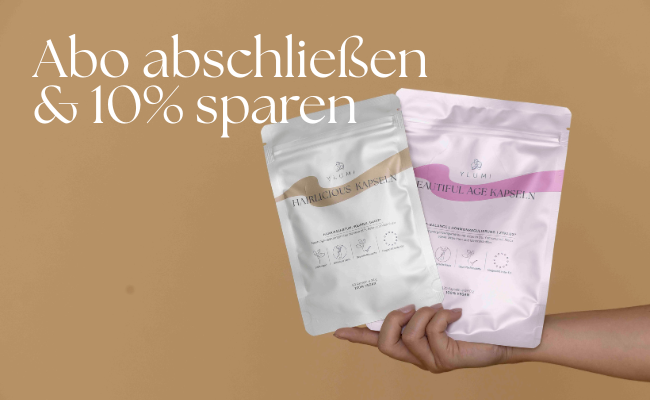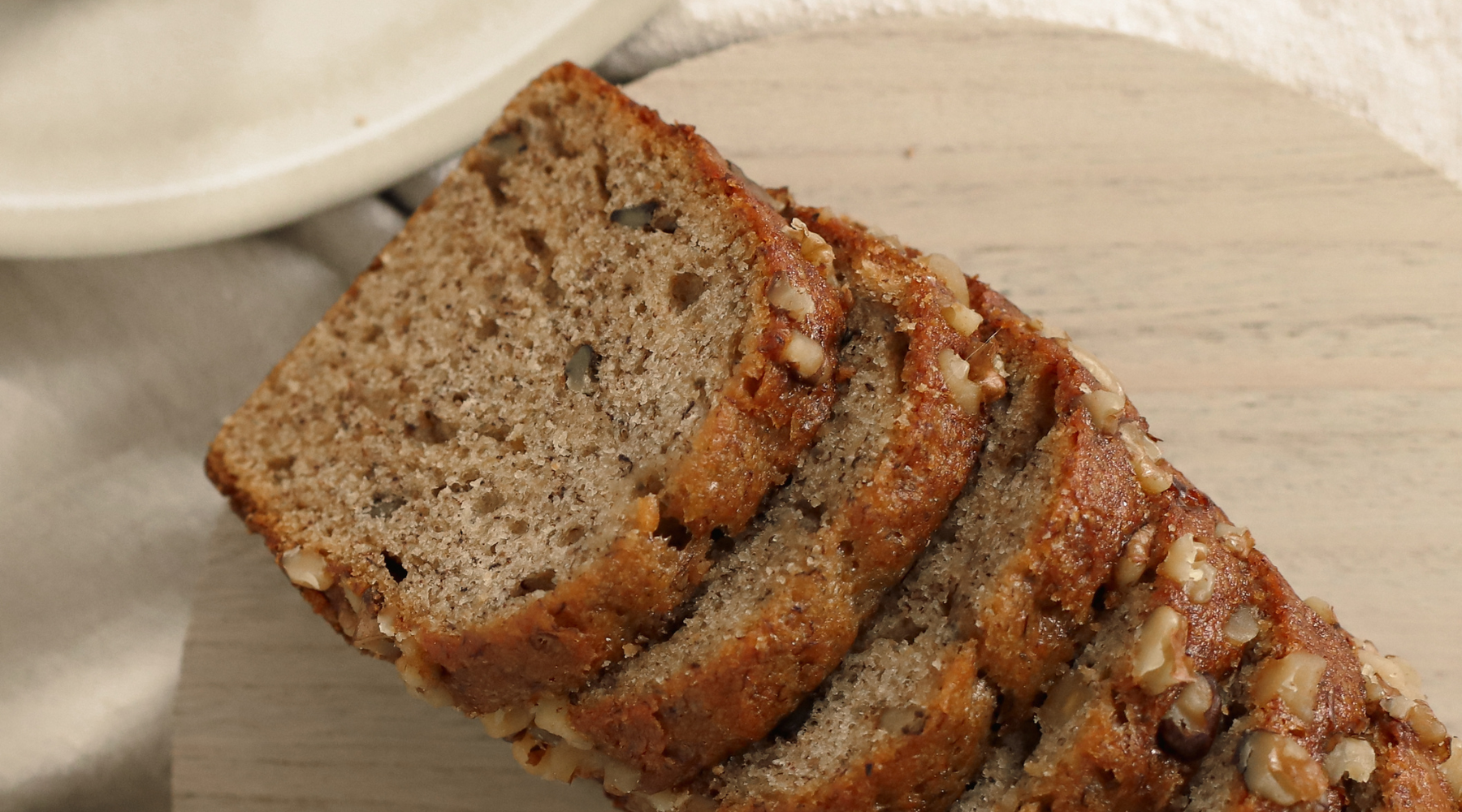
COENZYME Q10: EFFECT, NATURAL OCCURRENCE AND SIDE EFFECTS
Coenzyme Q10 is probably familiar to those of you who are familiar with skincare. For years, the substance has been touted as the ultimate anti-aging ingredient and can be found in many jars and containers.
We've now taken a different look at Q10: In this article, you'll learn what functions coenzyme Q10 has in the body, how you can meet your daily needs, and what happens if you have a deficiency.
Contents
Coenzyme Q10 – What it is and what you need it for
Coenzyme Q10, also called ubiquinone, is a naturally occurring, fat-soluble substance that is essential for our skin and for the smooth functioning of our body's cells. It's a vitamin-like substance (so-called vitamin-like because the body can produce it itself).
With increasing age, the body's own production of Q10 declines significantly, which is why the active ingredient is primarily found in anti-aging products. Stress, competitive sports, smoking, or a generally unhealthy lifestyle can further accelerate the degradation process. From the age of 40, production is only 70 percent. At the same time, however, the need for Q10 increases with age, which is why taking it via dietary supplements is important.
Is coenzyme Q10 healthy and what is the daily requirement?
Coenzyme Q10 is an essential nutrient. It is indispensable for our body's energy supply. Therefore, you should make sure to meet your daily requirement of 500 milligrams. Ideally, you will obtain a large portion of this amount from your body's own production. However, make sure to include Q10-containing foods in your diet or supplement the recommended daily dose of 60 milligrams with dietary supplements.
Which foods contain Q10?
Q10 is found in a variety of foods, but often only in small amounts. Good sources of Q10 include:
- Spinach,
- Corn,
- Broccoli,
- Avocado,
- Nuts and seeds,
- Onion,
- Mackerel and
- Sardines.
The effect of coenzyme Q10
What functions does coenzyme Q10 have in the body?
Q10 has three important functions in the body:
- It improves energy production,
- ensures improved cell health (skin) and
- has a positive effect on the immune system.
Energy supplier
The Q10 coenzyme ensures that energy can be produced in the body's cells' tiny powerhouses – the mitochondria. Every single cell has a whopping 500 of them. Without them, communication between cells would be disrupted, and you would have no energy available. Q10 acts as the catalyst for this chain reaction. ATP (adenosine triphosphate) is produced from carbohydrates and fats ingested through food. The smoother this process runs, the more energy you have.
Coenzyme Q10 is especially essential for the heart, kidneys, liver and muscles, as these play an important role in the entire metabolic process of the human organism and have cells that are particularly energy-demanding.
Antioxidant
Oxidative stress refers to the attack of free radicals on body cells. This accelerates the aging process of the body and brain. Coenzyme Q10 can reduce oxidative stress by neutralizing and neutralizing free radicals. This is why Q10 is so important in skin care.
Immune regulator
The increased energy supply described above through taking Q10 also ensures that your immune system can function properly. Furthermore, a study has shown that coenzyme Q10 can increase the number of antibodies that fight viruses and bacteria [1].
What are the side effects?
Even in the case of an overdose, no side effects have been reported. However, many people suffer from a Q10 deficiency without knowing it.
How does a Q10 deficiency manifest itself?
CoQ10 deficiency is widespread, but no specific symptoms have yet been identified. Experts believe that a deficiency weakens the body overall and makes it more susceptible to disease.
Coenzyme Q10 at YLUMI
When should I take Q10?
The valuable coenzyme Q10 can effectively support your health and beauty routine. By taking high-quality OPC and Q10 orally, you can protect your skin from collagen degradation from within. As an essential enzyme in energy production, the Q10 coenzyme also plays an important role in cellular health, acting as a powerful antioxidant and scavenging free radicals.
You may have an increased need for Q10 if you feel tired and lacking energy, are regularly exposed to oxidative stress (e.g., due to strong sunlight), or want to do something good for your demanding skin. Severe stress can also increase your daily Q10 requirement. In these cases, supplementing with a dietary supplement is recommended. The daily dosage should be between 30 and 300 milligrams, depending on the severity of your symptoms. If you are unsure, consult your doctor before taking it.
Which YLUMI products contain Q10?
Our BEAUTIFUL AGE CAPSULES, for example, contain adaptogenic herbs and medicinal mushrooms such as organic maca, organic yam, and organic cordyceps, as well as selected, highly effective modern substances such as OPC from grape seed extract, coenzyme Q10, vitamin D from lichen, vitamin E, vitamin C from acerola, alpha-linolenic acid from linseed oil powder, and zinc. Only active ingredients of the highest quality and bioavailability are used – made in Germany. The formula is not only suitable for the relief of menopausal symptoms, PMS, and hormonal imbalances, but also for the effective strengthening of skin, hair, and nails.
Coenzyme Q10 is also contained in our CALM ME CAPSULES , which we developed together with FELICE by Mandy Capristo. Based on the power of certified Hericium, Tulsi, Rhodiola Rosea, Ashwagandha, Lavender, Coenzyme Q10, a natural vitamin B complex, zinc, manganese, and magnesium from seawater, CALM ME promotes mental health and calms the mind and nervous system from within.




